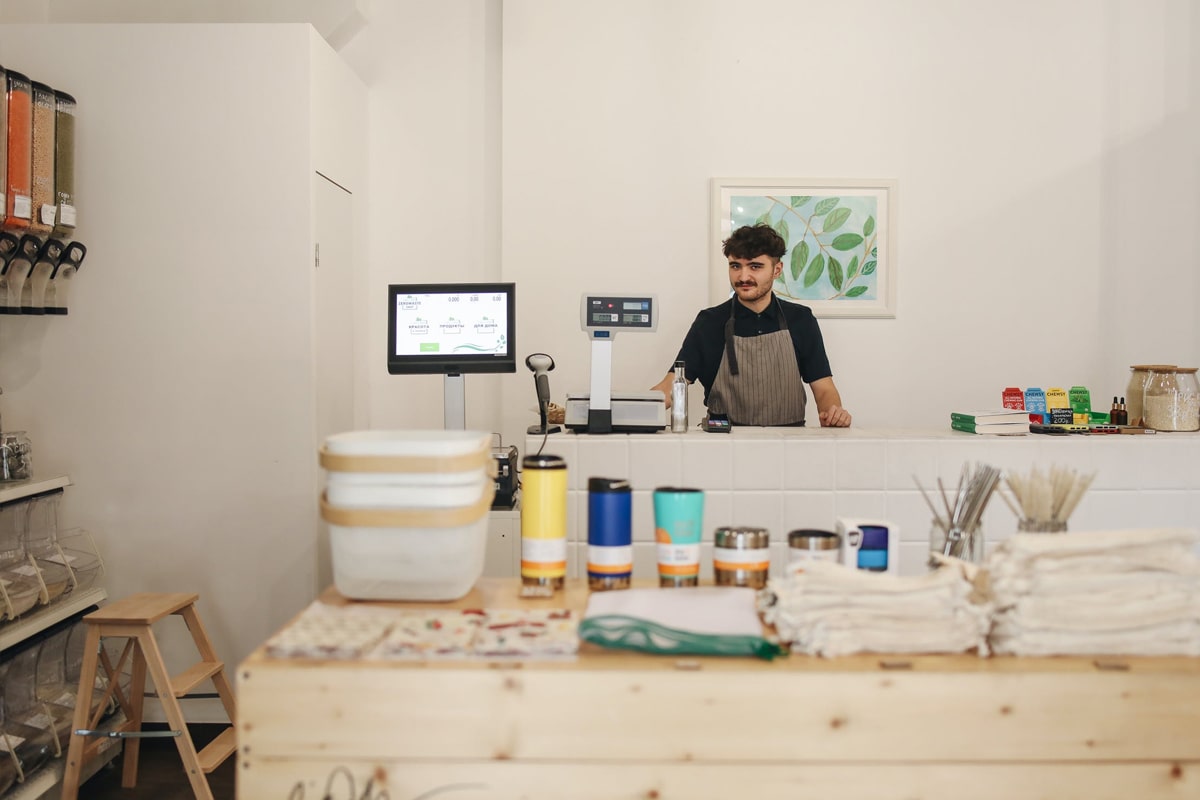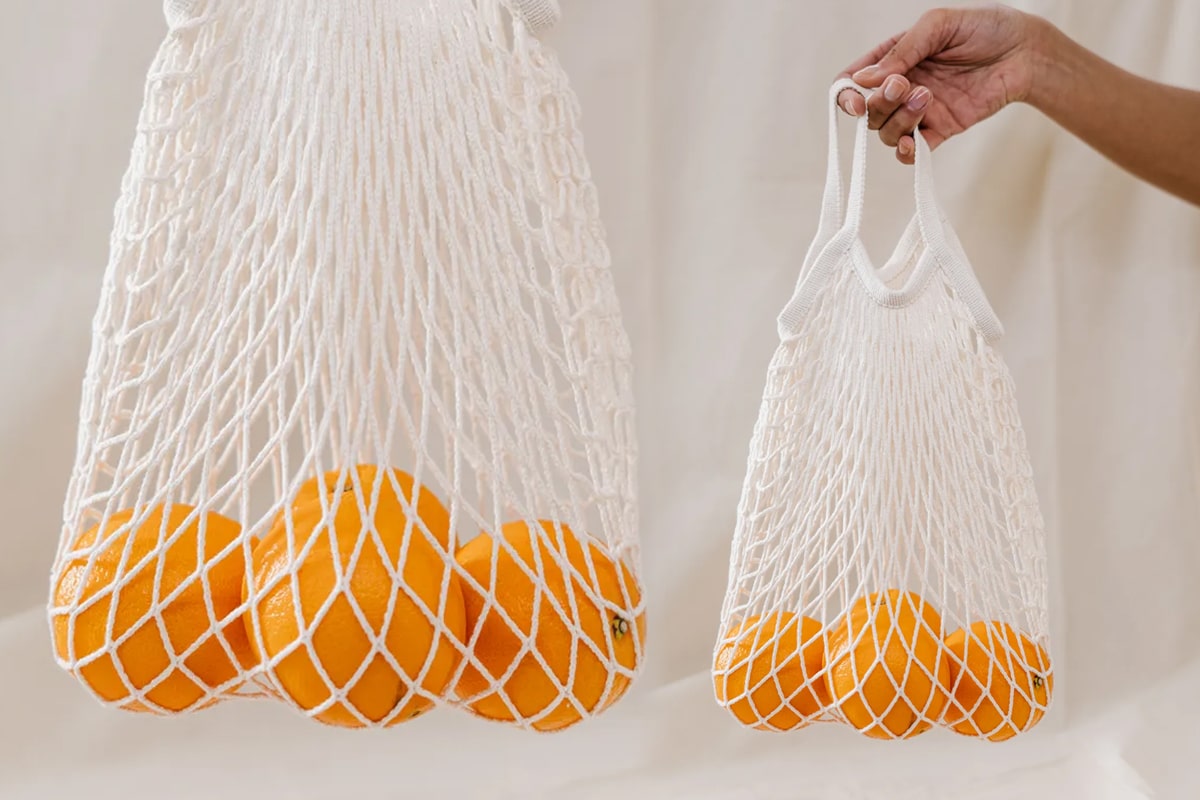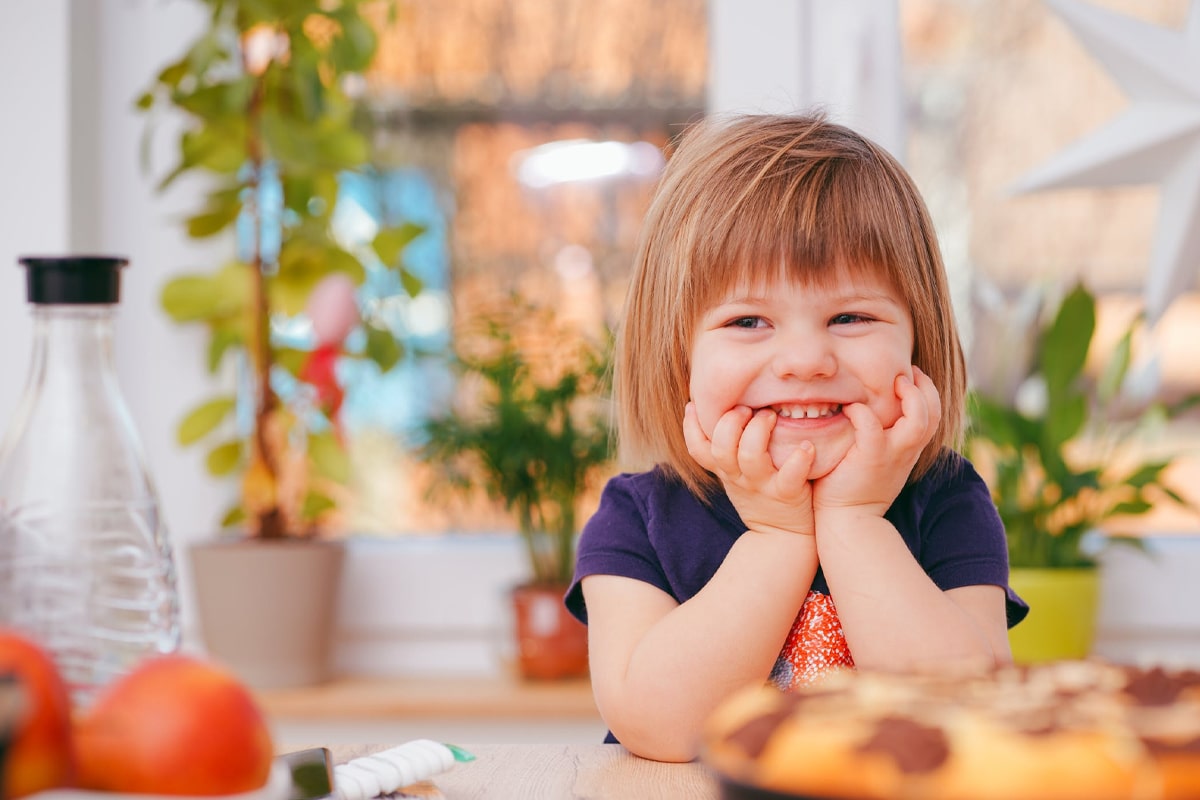With today’s growing trends of sustainability and eco-friendly measures, it is an exciting endeavor to help other people become inspired with gardening. Some of them may be hesitant to start a garden due to lack of knowledge. However, for those who believe that gardening is both fun and a significant activity, their passion will lead to a worthwhile gardening journey.
Eco-friendly Garden Tools To Get You Started
The following is a list of eco-friendly garden tools and items that should be included in a gardener’s toolkit.
1. Jars, containers, and envelopes
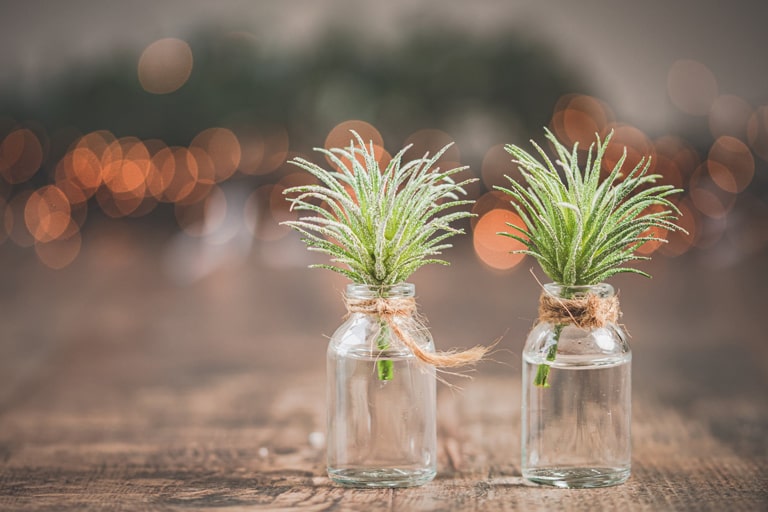
Keeping your seeds can be sometimes challenging. This is why it is helpful to have airtight containers, jars, and envelopes for your seeds. Make sure to dry the seeds before putting them in the containers to prevent humidity and pests to affect their quality.
2. Pots and seed trays
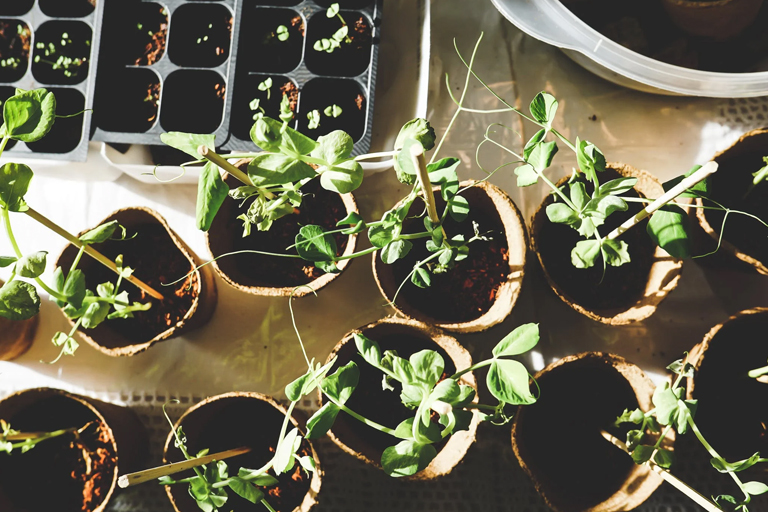
These are one of the most important items that you should have when starting or maintaining your garden. For various sizes of fruits, vegetables, and herbs, you may need seed trays and pots of different sizes. It will be great to choose pots and trays that are compostable and biodegradable. There are also some decorative pots, so you can add aesthetic value to your garden.
3. Watering can and garden hose
Your garden plants need sufficient watering, especially if you’re tending an outdoor garden. You’ll need a watering can or a garden hose. With these garden items, it will be more convenient for you to take good care of your plants.
Watering can is perfect for your indoor garden while a garden hose is for outdoors. Make sure to consider quality, budget, and materials used before purchasing a hose or a watering can.
4. Plant labels and tags
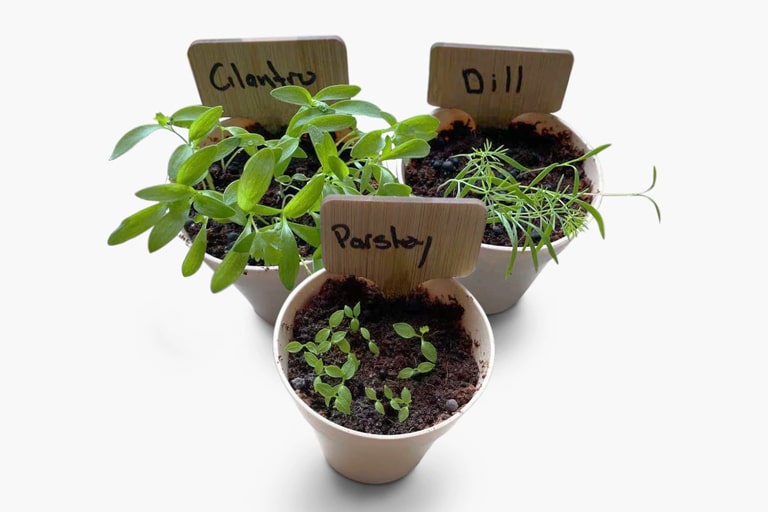
Another item that you should have in a gardening toolkit is a set of plant labels and tags. They are important because they will help you identify the seeds and the date when you sowed them. Tags or labels on plants will help gardeners to organize which ones are to be planted on smaller space or which ones will be ready for picking. Plant labels can be made from bamboo, copper, and wood which are more sustainable.
5. Weeding fork and trowel
Weeds can be irritating because your plants compete with them in getting the proper nutrients from the soil. Because of that, you will need tools to eliminate them. A weeding fork and trowel can help you with that.
6. Pruning shears
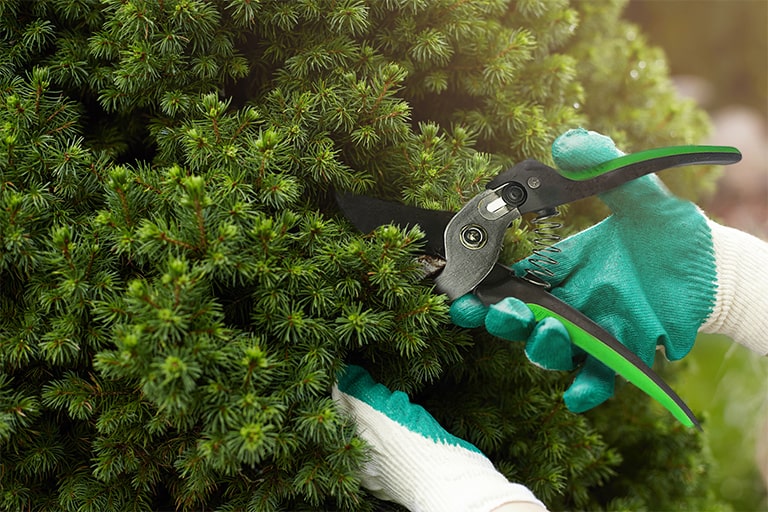
Pruning shears help in cutting off dead stems and flowers to maintain the plants. Aim to have good quality steel blades to ensure that they are rust-free and durable. Large pruning shears are perfect for trimming branches and hedges. On the other hand, a short pair of shears is ideal if you are growing small plants.
7. Scissors
When herbs and other plants start growing, they may also invade other corners of the garden bed. It is essential to use scissors when cutting the twines and plants to keep your garden clean and tidy.
8. Bamboo or wooden stakes
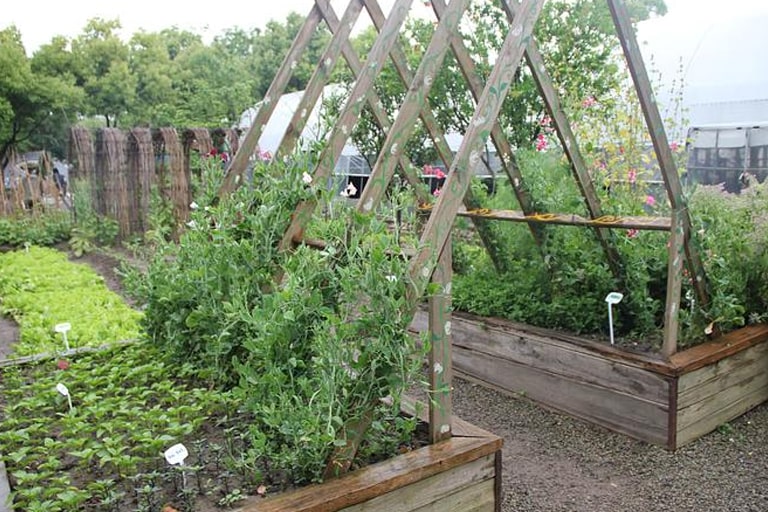
Climbing plants or vine-like greens like beans and tomatoes need bamboo or wooden stakes. Some gardeners prefer to make wooden trellis to give the plants a better room to grow. You can even be more creative with plant stakes to make your garden more appealing.
9. Sun and insect protection
Gardening is indeed an enjoyable and fun activity. However, every gardener should be aware that they need to protect themselves from the harmful rays of the sun. When doing outdoor gardening, make sure to wear a wide-brimmed hat and natural sunscreen. Insect repellant is also needed to prevent insect bites and allergies.
1.0 Natural twine
When you’re using stakes and need to tie plants into them, use natural twines to lift them from the ground in a tidier way. Choose twine that are made from natural fibers, like hemp or jute. It will be better to avoid twine that are made from synthetic materials. Natural twine is also biodegradable so it won’t have adverse effects on the environment.
11. Pitchfork and shovel
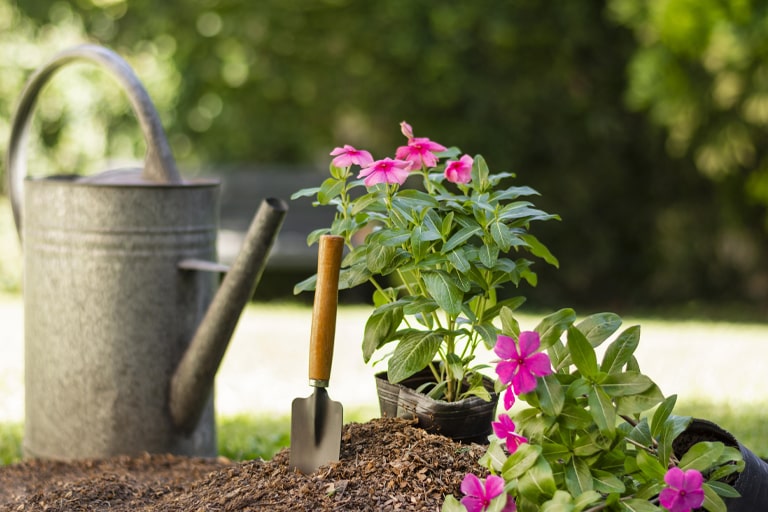
Pitchforks and shovels must-tools of a gardener. They are essential in preparing the soil before planting. The shovel can be utilized to spread chicken manure, compost, hay, wood chips, and organic fertilizer.
12. Certified Organic seeds
Most gardeners love purchasing organic seeds from reliable nurseries. Always buy certified organic seeds since they are more sustainable and produced without using synthetic chemicals.
Using the Right Tools for Your Comfort and Safety
Spending time in your garden does not only give you a satisfying feeling. It is also a way to give back to the environment. To make the most of your gardening journey, using the right tools and equipment is highly advisable.


